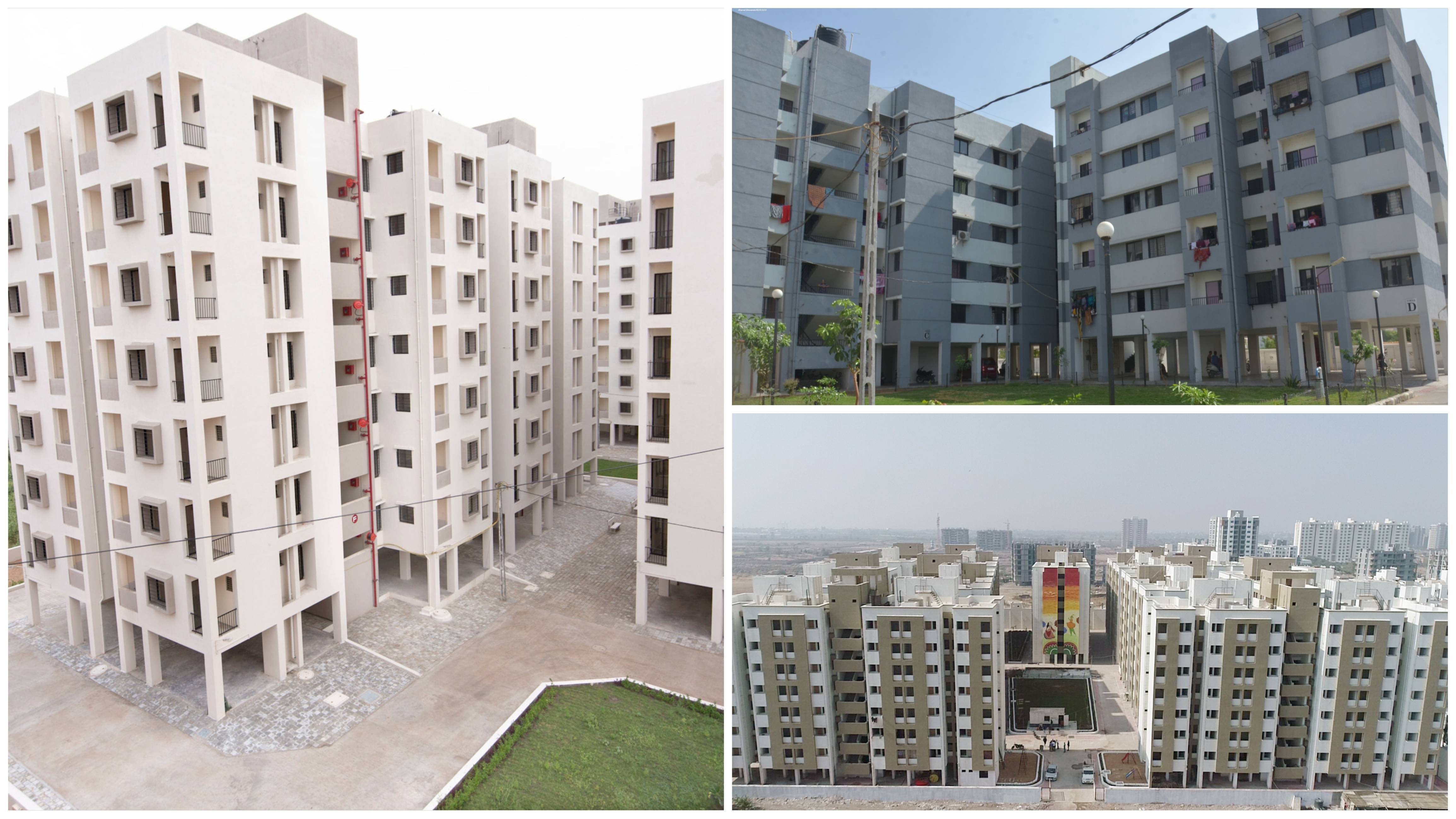The Greater Visakhapatnam Municipal Corporation (GVMC) is launching a pivotal initiative to increase revenue by targeting unassessed and underassessed properties. This strategic move is designed to enhance property tax collection efficiency and strengthen the municipal body's financial stability.
Strategic Initiative for Revenue Enhancement
GVMC has set an ambitious target of including 10,000 unassessed properties in the tax net for the current financial year. This goal underscores the corporation's commitment to maximizing its revenue streams and ensuring that all properties are appropriately taxed. To date, GVMC has identified 4,600 unassessed properties and has also reviewed 5,000 properties, discovering that 877 of them were previously underassessed.
This proactive approach aims to capture revenue from properties that had previously escaped the tax net or were not correctly assessed, reflecting a broader strategy to enhance the efficiency of tax administration.
Impact of Early Bird Incentive
One of the key components of GVMC's revenue strategy is the early bird incentive on property taxes, which has shown promising results this year. The initiative has led to a collection of approximately Rs 135 crore in property taxes, a significant increase from Rs 118 crore collected in the previous year. This early bird incentive is designed to encourage property owners to pay their taxes promptly, thereby increasing overall tax revenue.
In addition to this, GVMC has generated Rs 8.4 crore from vacant property tax by assessing 886 out of a targeted 3,000 vacant properties. This revenue stream has become increasingly important as GVMC seeks to optimize its tax collection processes.
Surge in Tax Collections
For the 2023-24 financial year, GVMC's total property tax collection, including vacant land tax, has reached Rs 457 crore. This figure represents the highest-ever tax revenue collected by the municipal corporation, surpassing its initial target of Rs 420 crore. The increase in tax revenue is attributed to GVMC's shift from assessing properties based on rental value to using market value, a change implemented since the 2021-22 financial year. This transition has resulted in a more accurate and equitable assessment of property values, leading to higher tax revenues each year.
Addressing Underassessed and Unassessed Properties
GVMC Commissioner P Sampath Kumar emphasized the importance of addressing both unassessed and underassessed properties to bolster revenue. The corporation has made substantial progress in this area, achieving over 50% of its targets for these properties midway through the financial year. To support this effort, GVMC's revenue teams are actively working on resolving issues related to property taxes, including updating names and addresses.
Deputy Commissioner (Revenue) S Srinivasa Rao explained that unassessed and underassessed properties often involve issues such as additional construction or changes in property usage, like conversions to commercial purposes. Addressing these issues is crucial for accurate revenue generation and tax compliance.
Focus on Vacant Land Tax and Enforcement
In addition to targeting unassessed and underassessed properties, GVMC is also focusing on vacant land tax. This aspect of the revenue strategy aims to ensure that vacant properties contribute to the municipal revenue stream, thereby addressing potential gaps in tax collection.
GVMC is also proposing the creation of a centralized demolition/enforcement team to tackle encroachments on government lands and unauthorized buildings. This team would play a crucial role in removing illegal constructions and ensuring that new developments adhere to approved plans. To complement this effort, zonal-level teams will be established to intervene early in cases where construction deviates from approved plans. Buildings involved in litigation will be monitored biweekly to ensure that appropriate actions are taken.
Future Prospects and Goals
GVMC's current efforts are expected to continue driving revenue growth throughout the financial year. The corporation's strategic focus on both unassessed and underassessed properties, combined with its initiatives to address vacant land tax and enforce compliance, positions it well to surpass previous revenue records. By adopting a comprehensive approach to property tax administration, GVMC aims to achieve sustained improvements in its financial performance and urban management.









.png)